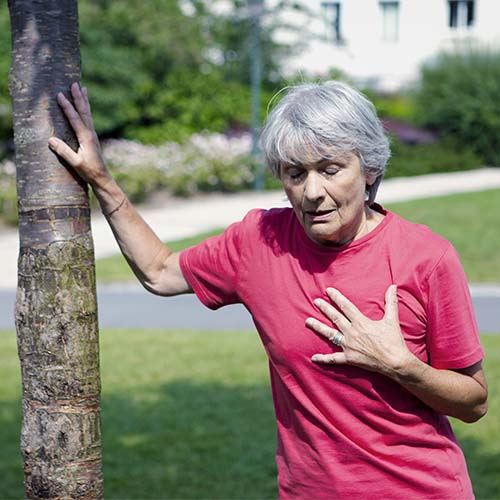Heart Health: What Women Don’t Know
- Category: Blog
- Posted On:

For many women, heart health is not usually a primary area of concern. Although protected by their body’s female hormone, estrogen, that protective effect diminishes after menopause with the likelihood of heart disease increasing and matching men’s rates. Women are less likely to recognize symptoms, understand the risks or attempt to prevent the onset of heart disease. Excela Health non-invasive cardiologist Maliha Zahid, MD, Ph.D., FACC looks to help women understand these risks and is passionate about being able to not only intervene with heart conditions but being able to prevent them as well.
What are some overlooked symptoms of heart disease in women (or for anyone)?
- Unexplained aches or pains in shoulders, arms, back, jaw, or abdomen
- Shortness of breath in uncommon situations – when walking up a short flight of stairs
- Swollen feet or ankles leaving an indentation when pressed on
- Heart palpitations – irregular or rapid heartbeat when resting
Are women just as at risk for heart disease as men?
- Heart disease is the leading cause of death for women, just as it is for men
- The likelihood of suffering from heart disease increases with age
- Only perceived to be a “man’s disease”
What are some risk factors for heart disease?
- Key factors – high blood pressure, high cholesterol, and smoking habits
- Diabetes – the risk for heart disease in women with diabetes is even greater than in men
- Unhealthy diet and physical inactivity
- High-stress levels
What are ways to prevent heart disease?
- Check blood pressure and cholesterol regularly to know your risk levels
- Manage stress levels
- A healthy diet consisting of fruits and vegetables, stabilizing blood sugar with protein, fiber, and healthy fats and carbohydrates
- Include cardio workouts in your exercise regime, 30-45 minutes 5 times a week
- Be sure to check with your personal physician for your own recommended exercise dosage.


